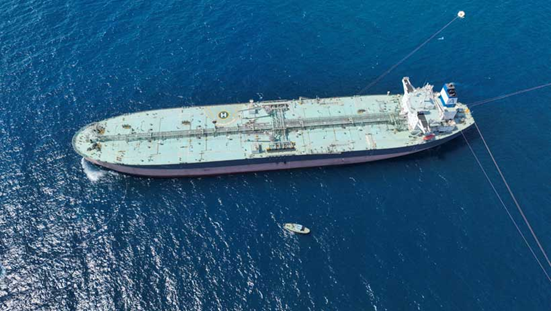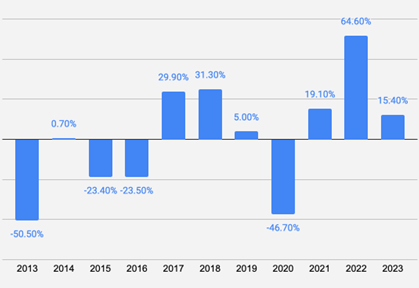Syria’s Oil Return: Can Energy Drive Post-Conflict Stability?
BLOG POSTS
Fayrouz Mahmoud


For the first time in 14 years, Syria has resumed official oil exports, sending a shipment of 600,000 barrels abroad. This milestone comes on the heels of Saudi Arabia providing Damascus with 1.65 million barrels of crude oil, part of a growing regional willingness to re-engage with Syria after years of isolation. While modest compared to the country’s pre-war output, these steps mark a symbolic and strategic turning point: energy is re-emerging as both a driver of economic recovery and a tool of geopolitical reintegration.
Syria’s economy has been devastated by more than a decade of conflict. GDP contracted by more than 60% between 2010 and 2020, while inflation and currency collapse pushed millions into poverty (Figure 1). Today, over 90% of Syrians live below the poverty line, and energy shortages have been one of the most visible symptoms of this crisis.


Figure 1: Syria's GDP growth over the past decade. Percentage change from the previous year. Source: Central Bank of Syria, Trading Economics
The potential benefits of reviving Syria’s energy sector are clear. Oil exports can generate foreign currency to stabilize the Syrian pound, fund public services, and finance the import of essential goods like wheat and medicine. Investment in refining capacity could also reduce the costly reliance on imported petroleum products, which currently drains scarce reserves.
Energy is never just about revenue; it is also about power and influence. By re-entering export markets, Syria signals readiness to reconnect with regional energy networks. For Damascus, oil is both a financial lifeline and a path toward political legitimacy. For Riyadh, providing crude is energy diplomacy in action, a way to gain leverage while drawing Syria closer into Gulf-led frameworks like the Arab League.
Sanctions still keep European players out, yet regional dynamics are shifting. With its proximity to Gulf producers and Mediterranean trade routes, Syria has the potential to act as a future energy transit hub, if stability holds. In this sense, every barrel exported becomes more than just fuel; it is a bargaining chip in Syria’s gradual reintegration into the global system.
References
Address
No 10, Block 28023
3rd District, Obour City, Egypt
Contacts
+201100899991
Careers


Copyright © EUMENA 2024
Terms and conditions
Privacy Policy
Commercial Reg.
105282
